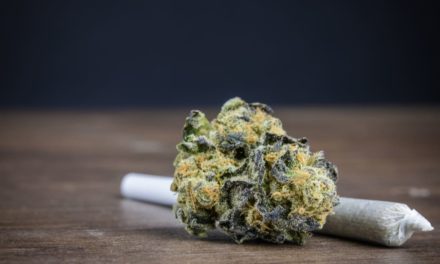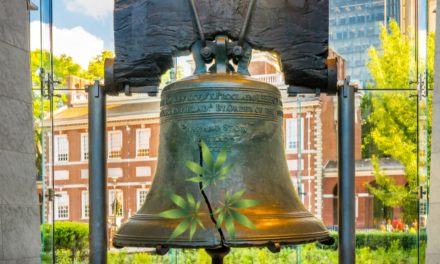A bill that would legalize recreational cannabis in Connecticut was approved by a legislative committee on Monday, after a pointed debate on the social equity aspects of the legalization of marijuana. The measure, House Bill 7371, was advanced with a vote of 10-8 in the Joint Committee on General Law and would still have to be passed by the Connecticut House and Senate before becoming law with the governor’s signature.
If successful, the measure would legalize and regulate commercial cannabis cultivation, processing, and sales in the state. Companion measures that would tax the cannabis industry and address criminal justice matters including the expungement of past marijuana crimes are being considered by other legislative committees.
Cannabis legalization supporter and Democrat Rep. Juan Candelaria said that regulating marijuana will provide a source of new revenue to benefit residents of the state.
“We have a black market and we stay idle and do nothing, that black market is going to continue to thrive,” said Candelaria. “The opportunity for us to regulate this market and utilize these dollars and really invest them … in addiction care, that goes a long way.”
Social Equity a Sticking Point
Much of the debate over HB 7371 centered on social equity provisions of the measure that would give members of communities disproportionately affected by the War on Drugs incentives to participate in the cannabis industry including reduced license fees and priority in the application process. Sen. Douglas McCrory, also a Democrat, said that the bill should right injustices inherent in the prohibition of cannabis.
“No one can dispute that cannabis prohibition was racist from its intent,” McCrory said. “We have a policy that’s been left over from the Jim Crow era.”
McCrory added that simply legalizing cannabis did not go far enough.
“When you put a knife in the back of a person – in this case, an entire community – for 80 years and you start to take it out, that’s not complete. That’s not how you help a community that’s been devastated for 80 years,” he said. “You take the knife back and there’s still a hole there. If we pass this bill – OK – now how do we remedy the hole? You have to be equitable.”
Rep. Geoff Luxenberg compared social equity in cannabis to affirmative action programs and reparations for Japanese-Americans forced into internment camps during World War ll.
“When we’re undoing a vast racial injustice, it’s not enough to say ‘We fixed the policy and everyone starts at a level playing field,’” said Luxenberg. “Because everyone’s not starting at a level playing field … we cannot legalize this industry and not provide economic opportunity for the people who have been most harmed. It’s wrong from a civil rights perspective and it’s wrong from a policy perspective.”
Republicans on the committee including Sen. Kevin Witkos did not support the social equity provisions and voted against the bill.
“To place someone that has been arrested for a crime above law abiding citizens by a panel that will consider who will get these licenses to me just doesn’t seem right,” Witkos said. “What kind of message are we trying to send to folks who are doing the right thing?”
McCrory also voted against the measure, saying the social equity programs did not go far enough.
Source of article: https://hightimes.com/news/connecticut-cannabis-legalization-bill-advances/


















